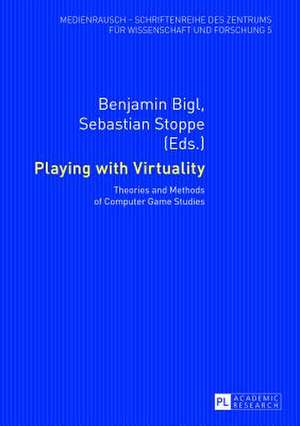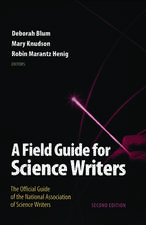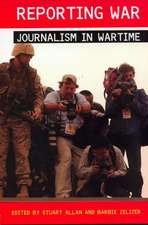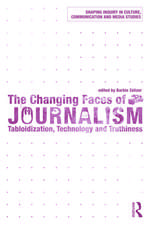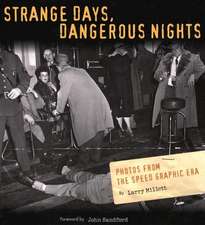Playing with Virtuality: more romano, cartea 5
Editat de Benjamin Bigl, Sebastian Stoppeen Limba Engleză Paperback – 4 iun 2013
Preț: 587.94 lei
Preț vechi: 763.56 lei
-23% Nou
Puncte Express: 882
Preț estimativ în valută:
112.50€ • 117.78$ • 93.09£
112.50€ • 117.78$ • 93.09£
Carte tipărită la comandă
Livrare economică 07-21 aprilie
Preluare comenzi: 021 569.72.76
Specificații
ISBN-13: 9783631640609
ISBN-10: 3631640609
Pagini: 423
Ilustrații: illustrations
Dimensiuni: 152 x 231 x 20 mm
Greutate: 0.5 kg
Ediția:Nouă
Editura: Peter Lang Gmbh, Internationaler Verlag Der W
Seriile more romano, Medienrausch
ISBN-10: 3631640609
Pagini: 423
Ilustrații: illustrations
Dimensiuni: 152 x 231 x 20 mm
Greutate: 0.5 kg
Ediția:Nouă
Editura: Peter Lang Gmbh, Internationaler Verlag Der W
Seriile more romano, Medienrausch
Notă biografică
Benjamin Bigl is a research assistant at the Institute for Communication and Media Studies at the University of Leipzig. Sebastian Stoppe is a research associate at the Research Academy of the University of Leipzig. Both editors are members of the Zentrum für Wissenschaft und Forschung | Medien e. V.
Cuprins
Contents: Florian Kiefer: Involvierung über Involvierungsbrüche. Eine Strukturanalyse zur Beschreibung des Involvierungspotenzials von Call of Duty 4. Modern Warfare 21 - Matthias Stork: The spectacle of the interface: post-cinematic aesthetics in action computer games and films - Antonio José Planells De La Maza: Sorry, but our princess is in another castle! Towards a theory of video games as ludofictional worlds - Rafael Bienia: Das Computer-Rollenspiel-Genre - Stefan Höltgen: Game Circuits. Platform Studies und Medienarchäologie als Methoden zur Erforschung von Computerspielen - Letícia Perani: Playing for serious reasons: brief notes on the influence of games in early HCI history - Gareth Schott/Jasper Van Vught/Raphaël Marczak: Not knowing: locating player experience between ideal and active play - Benjamin Bigl: If the game goes on. Perceived transfer effects from virtual game worlds into everyday life - Sebastian Koch: Is there a blind spot? An empirical study on the awareness for violence in videogames - Anne Mette Thorhauge: Intended and negotiated gameplay: the interpretive power of the player - Danny Pannicke/Rüdiger Zarnekow: Post-Adoption virtueller Welten - Claus Wohlgemuth: A qualitative study on immersion in videogames: avatar-identification as a factor influencing immersion - Janina Maric: Gaming at the e-sport event: Mediatized confrontations (re)negotiating sport, body and media - Arne Schröder: Playing with the avatar: World of Warcraft avatars as play things - David Gause/Volker Gehrau: The effect of real world-cues on the use of online football manager games - Pascaline Lorentz: Video-ludological socialization - Gabriela T. Richard: Gender and gameplay: research and future directions - Juan F. Belmonte: Identity through free choice? The frontiers of sexuality and gender in computer games - Matthew Barr: Computer games and learning: the current state of play - Felix Kronenberg: Computer games as agentive and immersive spaces for language learners - Mirian Checa/Ana Belén García Varela/Natalia Monjelat/David Herrero/Héctor Del Castillo: Participatory culture and skills for new media learning - Michael Filsecker/Michael Kerres: Designing and studying educational games: Limitations of current design and research approaches in game-based learning - Jasper A. Friedrich: Computerspiele und Medienethik. Zur Systematik des Forschungsfeldes - Thomas-Gabriel Rüdiger: Gamecrime und Metacrime - Kriminogene Aspekte virtueller Welten.
